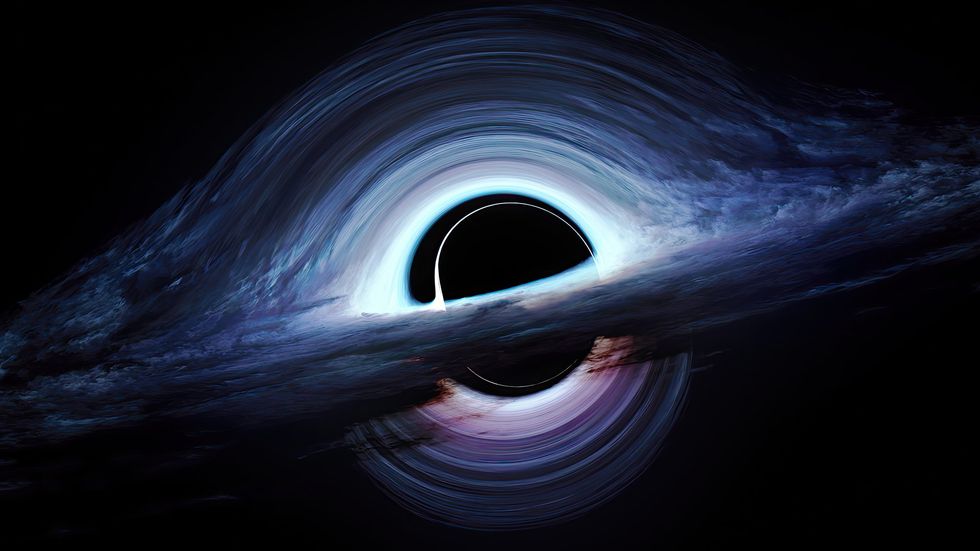Harry Fletcher
Dec 25, 2024
What If a Black Hole Ate the Sun?
Underknown / VideoElephant
Black holes continue to be some of the most fascinating celestial objects in the Universe – and odd things are being discovered about them all the time.
Recently, two black holes were observed colliding for the first time, and now a huge group of them were discovered right in the centre of an enormous bunch of stars.
In fact, they were seen inside the biggest cluster of stars in the Milky Way, and the sheer scale of it is enough to make our minds boggle.
The black holes were found right in the middle of the Omega Centauri which is around 17,000 light-years away.
This is a collection of around 10 million stars and is believed to be the remains of a dwarf galaxy.
The research is published in Astronomy & Astrophysics [via Science Alert].

Andrés Bañares Hernández is an astrophysicist from the Institute of Astrophysics of the Canary Islands. Hernández said: "We have long known about supermassive black holes at galaxy centers and smaller stellar-mass black holes within our own galaxy. However, the idea of intermediate-mass black holes, which could bridge the gap between these extremes, remains unproven.
"By studying Omega Centauri – a remnant of a dwarf galaxy – we have been able to refine our methods and take a step forward in understanding whether such black holes exist and what role they might play in the evolution of star clusters and galaxies. This work helps resolve a two-decade-long debate and opens new doors for future exploration."
Justin Read is an astrophysicist of the University of Surrey in the UK. Read said: "The hunt for elusive intermediate-mass black holes continues. There could still be one at the center of Omega Centauri, but our work suggests that it must be less than about 6,000 times the mass of the Sun and live alongside a cluster of stellar mass black holes," says astrophysicist Justin Read of the University of Surrey in the UK.
"There is, however, every chance of us finding one soon. More and more pulsar accelerations are coming, allowing us to peer into the centers of dense star clusters and hunt for black holes more precisely than ever before."
Sign up for our free Indy100 weekly newsletter
How to join the Indy100's free WhatsApp channel
Have your say in our news democracy. Click the upvote icon at the top of the page to help raise this article through the Indy100 rankings
Top 100
The Conversation (0)














